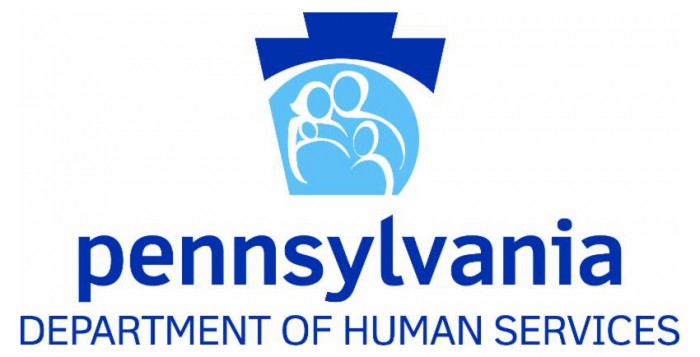The week of September 9–15 is recognized as National Suicide Prevention Week, with Monday, September 10 marking World Suicide Prevention Day. According to a recent CDC report (2018), suicide rates have increased across all age groups over the past two decades in almost every state, including Pennsylvania. As such, we need to work together to recognize the role each of us play in suicide prevention. It is our collective responsibility to address the stigma about suicide and help-seeking. We must educate about the warning signs and how to offer support to those that may be struggling. For our youth in particular, we must recognize that as caring adults, we can be one of the most significant protective factors. Yet, we must also model self-care and healthy coping during stressful times.
In Pennsylvania, we want to do our part to help schools and communities recognize the simple steps that can be taken to contribute to these efforts. Activities and events serve as a way to educate and connect individuals, including those who have been affected by suicide. A range of suicide prevention and awareness activities are scheduled throughout Pennsylvania, the nation, and the world during the month of September. A resource document is attached, which includes examples of activities that you can promote or implement in your school and/or community. A copy of this letter, which may be modified and disseminated within your own school and/or community, is also available here.
Media plays an important role in communicating messages of hope and in sharing resources for prevention. Social media campaigns such as Take 5 to Save Lives are a great way to share information within schools and communities, including information about warning signs, reaching out, and self-care. The #BeThe1To campaign, led by the National Suicide Prevention Lifeline, encourages 5 action steps for communicating with someone who may be suicidal: ask, keep them safe, be there, help them connect, and follow-up. Consider promoting one of these campaigns or starting your own. Additional ideas, along with sample social media posts, are included in this resource document.
Thank you for the efforts you are putting forth to raise awareness for suicide prevention and mental wellness in your school and/or community, not only during the month of September, but every day #AAS365 #stopsuicide.
- Prevent Suicide PA
- Jana Marie Foundation
- Garrett Lee Smith “Suicide Prevention in PA Schools and Colleges Initiative”
- Pennsylvania Network for Student Assistance Services (PNSAS)
Contact Robena Spangler, RCPA Children’s Division Director, with questions.
















